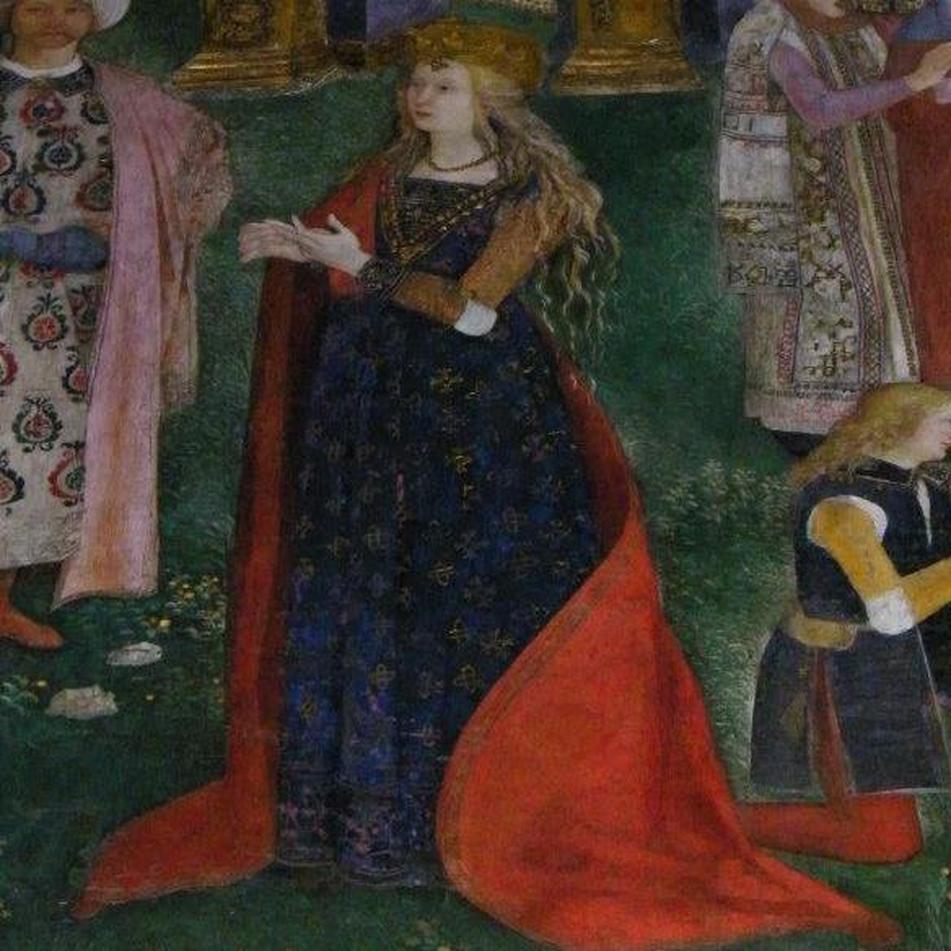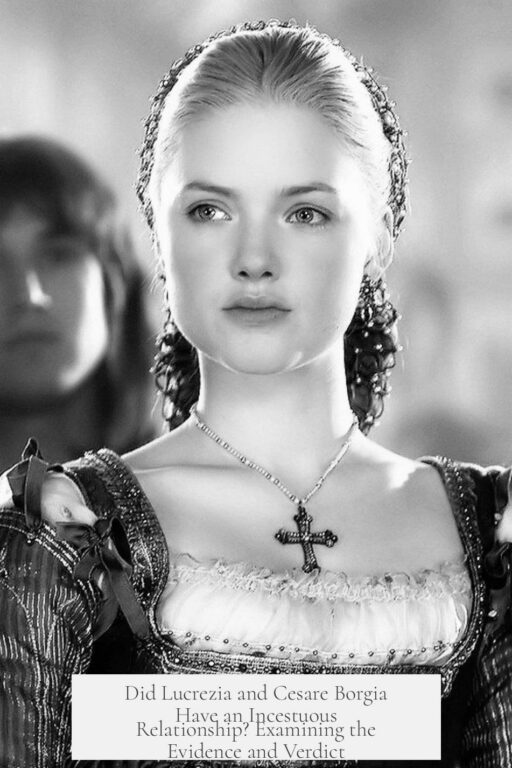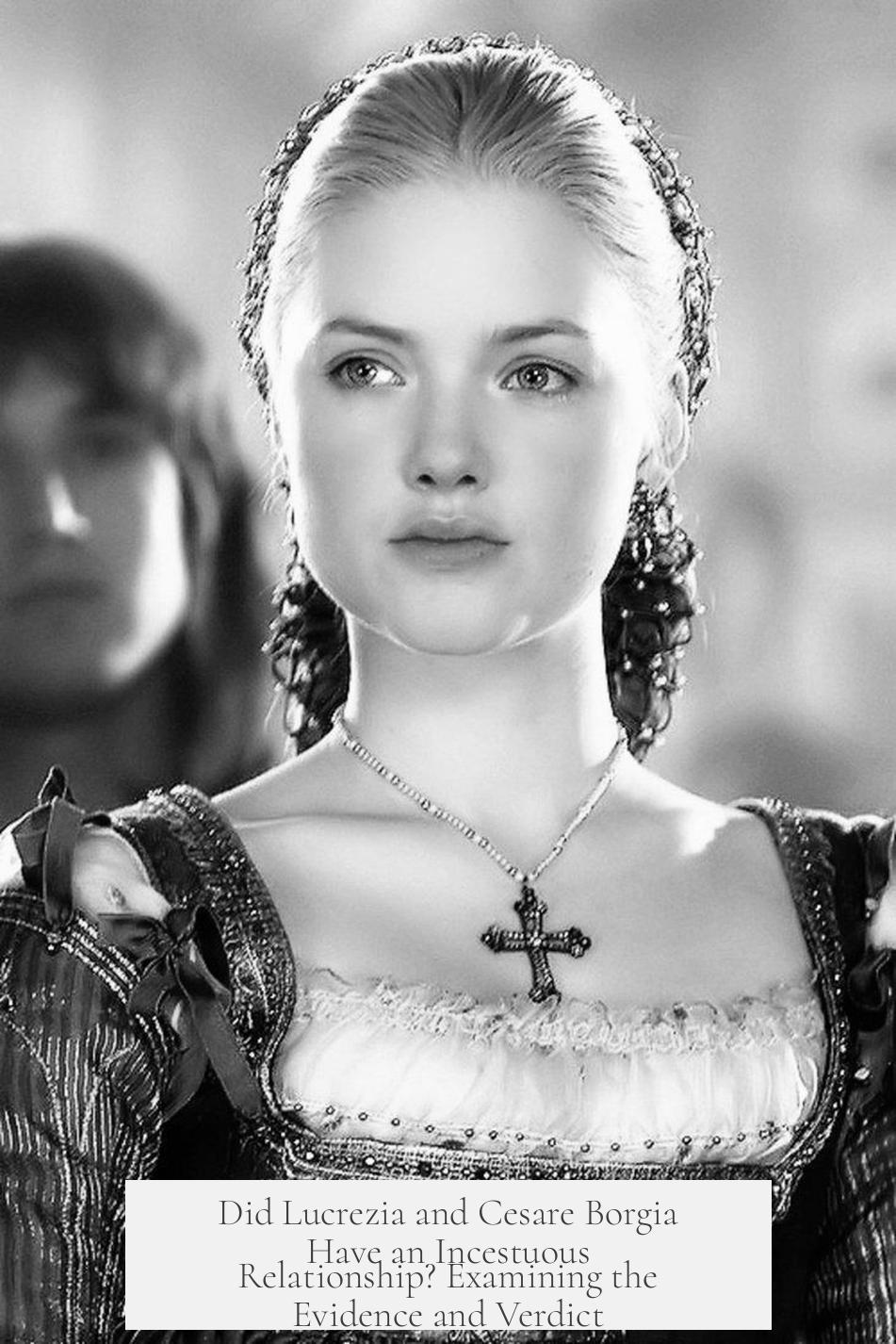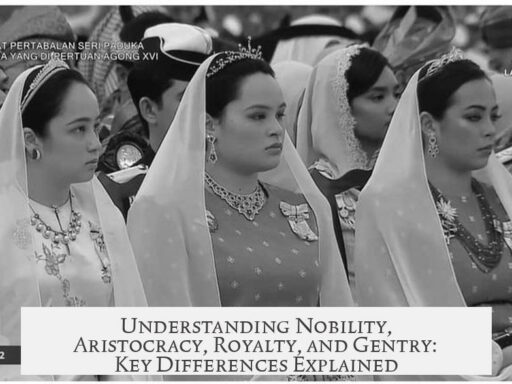Lucrezia and Cesare Borgia did not actually have an incestuous relationship. The incest rumors that surround them stem from political hatreds and gossip rather than facts. No credible historical evidence supports these accusations, which largely arose from rivals seeking to discredit the notorious Borgia family during the Italian Renaissance.

The origin of the incest rumors is closely linked to political maneuvering. Rodrigo Borgia, who became Pope Alexander VI, had his daughter Lucrezia divorced from her husband Giovanni Sforza. Officially, the divorce was due to Sforza’s impotence, but political motives were the true cause. The Borgias no longer wanted the Sforzas as allies and planned to marry Lucrezia into the d’Aragona family of Naples for strategic advantage.
Giovanni Sforza reacted with anger and spread accusations claiming the pope sought to reclaim Lucrezia for himself. A Ferrarese envoy recorded Sforza stating he had known his wife well but believed the pope “had taken her from him for no other purpose than to sleep with her himself.” Such rumors of incest were a common weapon used against prominent families at the time. For example, Pope Pius II once accused Sigismondo Malatesta of incest and other crimes without evidence, showing this was a tactic, not proof.

The lack of concrete evidence weakens any claim of an illicit relationship between Lucrezia and Cesare. Lucrezia’s reputation suffered due to her multiple marriages—none by her own choice—and at least one likely lover. This led some Italian nobles to perceive her as morally dubious. Cesare’s secretive nature and habit of wearing masks further fueled speculation and gossip, but none of this amounted to proof.
A significant event often cited by gossipers is Cesare’s murder of Lucrezia’s second husband, Alfonso of Aragon, in 1500. This killing reflected complex political conflicts. The Borgias shifted alliances from Naples to France, aligning with Louis XII. Cesare married Charlotte d’Albret of France. Within the family, tensions arose as Lucrezia and some other relatives favored Naples against the French alliance. Cesare acted to strengthen his position, and Alfonso’s murder was part of these power struggles.

Lucrezia’s reaction to Alfonso’s death suggests no complicity. Reports describe her as continuously weeping for weeks, reduced to a “shadow of herself.” She had loved Alfonso despite the political nature of their union. Her grief indicates she did not approve of or participate in the murder plot.
Further casting doubt on incest claims, historian Jean-Yves Boriaud points out Cesare’s efforts to secure a prestigious new husband for Lucrezia shortly after Alfonso’s death. Such behavior contradicts an image of jealousy or improper relations between siblings.

No serious historian accepts the incest rumors as true. The allegations arise from enemies of the Borgias and later fictional accounts, including Victor Hugo’s play written centuries after the events. These works amplified and perpetuated scandalous tales without contemporary proof.
- Incest rumors began as political slander during the divorce of Lucrezia from Giovanni Sforza.
- Giovanni Sforza accused Pope Alexander VI of wanting Lucrezia for himself, fueling scandal.
- No substantial evidence supports an incestuous relationship between Cesare and Lucrezia.
- Cesare’s murder of Lucrezia’s husband reflected political struggles, not personal motives.
- Lucrezia’s grief over Alfonso’s death disproves her involvement in the murder or any incest.
- Cesare sought a new husband for Lucrezia, opposing jealousy or improper relations.
- Historians dismiss incest rumors as propaganda and later fictional embellishments.
Did Lucrezia and Cesare Borgia Actually Have an Incestuous Relationship?

Here’s the bottom line: No credible historical evidence supports the idea that Lucrezia and Cesare Borgia had an incestuous relationship. Despite longstanding rumors, these claims stem mainly from political manipulation and gossip rather than fact.
Now, let’s unravel the tangled web behind one of the most infamous rumors from Renaissance Italy. The Borgia family, notorious for political scheming and scandal, has been the target of many salacious stories, but the charge of incest between Lucrezia and Cesare Borgia is more smoke than fire.

The whole incest rumor train seems to have left the station right after Lucrezia’s divorce from Giovanni Sforza. Officially, the split was because Giovanni was allegedly impotent. But the truth is far less clinical and far more political.1 Pope Alexander VI, formerly Rodrigo Borgia and father to both Lucrezia and Cesare, didn’t just want to end a marriage; he wanted to reshuffle political alliances. The Borgias no longer needed the Sforzas as allies and were eager to seal a new alliance through Lucrezia’s marriage to the d’Aragonas of Naples.2
Giovanni Sforza wasn’t quietly accepting this maneuver. In fact, he fired back with accusations of a more personal nature: he claimed the Pope wanted Lucrezia for himself.3 Reportedly, he told the Ferrarese envoy that he’d been married to Lucrezia countless times, but the Pope took her away solely to sleep with her.4 Talk about bitter ex drama.
It’s important to realize that during the Italian Renaissance, using incest accusations as a political weapon wasn’t new. Powerful figures often threw mud by insinuating scandal to discredit rivals.5 Pope Pius II, for example, accused Sigismondo Malatesta of incest without any solid evidence.6 So, the Borgias weren’t unique victims of such dirty tactics.
The Evidence—or Lack Thereof
Let’s get real: rumors about Lucrezia and Cesare specifically come from very vague details shaped by questionable motives. Lucrezia was married three times, with none of the partnerships being her choice.7 She possibly had at least one lover, which already made her the subject of gossip and lowered her moral standing among some Italian nobles.8 Meanwhile, Cesare Borgia was a mysterious figure. Known for his secrecy, Cesare apparently wore masks when he left his quarters, adding fuel to the rumor fire.9 A man who shrouds himself in mystery is always a prime candidate for juicy tales.
The most “convincing” piece often referenced is the murder of Lucrezia’s second husband, Alfonso. Cesare allegedly orchestrated Alfonso’s death in 1500 as part of a political power play.10 The Borgias shifted alliances from Naples to France, represented by Cesare’s marriage to Charlotte d’Albret, a French noblewoman.11 This realignment caused rifts within the family since Lucrezia and her sister-in-law Sancia favored the Neapolitan alliance.12
Given this context, Cesare killing Alfonso might seem like proof of jealousy or even incestuous desire. But clues tell a different story. After Alfonso’s murder, Lucrezia was devastated, openly mourning for weeks or months.13 She was no mere player in a twisted game for Cesare’s affection. Instead, she truly loved Alfonso, regardless of who arranged her marriages.14
More tellingly, historian Jean-Yves Boriaud notes that Cesare spent considerable effort afterward finding Lucrezia another prestigious husband—not exactly the behavior of a jealous brother who also happens to be a secret lover.15
The Final Verdict on Borgia Incest Rumors
Across the board, no serious historian supports an incest narrative for Lucrezia and Cesare Borgia.16 These allegations are traced back to enemies of the Borgias during their reign and then amplified by fictional works centuries later. Victor Hugo’s plays, for example, injected drama into their story that helped the rumors endure.17
So, why do these rumors persist? Because people love juicy drama. The Renaissance was rife with political backstabbing, and the Borgias were prime targets. Their enemies needed effective ways to ruin reputations, and what beats banal political betrayal? Something as taboo as incest.
But in reality, this claim lacks evidence and doesn’t hold up against the facts:
- Political motives explain most Borgia scandals.
- No credible contemporary source confirms such a relationship.
- Lucrezia’s consistent grief and marriages contradict jealousy/fetish theories.
- Cesare’s own actions show political ambition, not personal obsession.
What Can We Learn from It?
Borgia gossip reflects more about political weapons in Renaissance Italy than family dynamics. When reading historical rumors:
- Question the source. Is it a political enemy?
- Look for concrete evidence, not just hearsay.
- Consider the broader political context and personal motives.
It’s like a historical detective story, where surface clichés usually hide the real plot—one full of power, alliance, betrayal, and occasionally tragic personal loss.
So, before buying into the scandalous tales about the Borgias, especially the incest rumors between Lucrezia and Cesare, remember: these stories tell us a lot about their times but very little about the truth.
In conclusion: The idea of an incestuous relationship between Lucrezia and Cesare Borgia remains unfounded, a political smear that gained a life of its own thanks to opportunists and creative storytellers.
References:
- Passages from historical accounts on Lucrezia’s divorce and political marriages.
- Giovanni Sforza’s vehement responses recorded in envoys’ reports.
- Examples of political accusations during the Italian Renaissance.
- Details on Cesare’s secretive nature and mask-wearing habits.
- Description of Alfonso’s murder and the political rift within the Borgia family.
- Jean-Yves Boriaud’s historical analysis on Cesare’s role in Lucrezia’s marriages.
- Tracing rumors back to opponents of the Borgias and fictional works such as Victor Hugo’s plays.
Did the incest rumors between Lucrezia and Cesare Borgia have any political motivations?
Yes, the rumors began after Lucrezia’s politically motivated divorce from Giovanni Sforza. His outrage led to accusations that the Pope wanted Lucrezia for himself, using incest claims to undermine the Borgias.
Is there any concrete evidence supporting an incestuous relationship between Lucrezia and Cesare?
No serious historical source provides proof. The rumors rely on vague details and were spread by rivals. Cesare’s secretive nature fueled gossip, but no factual basis exists.
How did Lucrezia react to her second husband Alfonso’s murder?
She mourned deeply, showing she did not support the murder. This grief suggests no incestuous alliance as some stories claim.
Why would Cesare arrange a new marriage for Lucrezia after Alfonso’s death if there was an incestuous relationship?
Cesare worked hard to secure Lucrezia a prestigious new marriage. Such behavior opposes any idea that he had personal or sexual motives toward her.
Where did the rumors of incest primarily come from?
The rumors stemmed from political enemies and later fictional works like Victor Hugo’s play. They were tactics to discredit the Borgias without any credible evidence.




